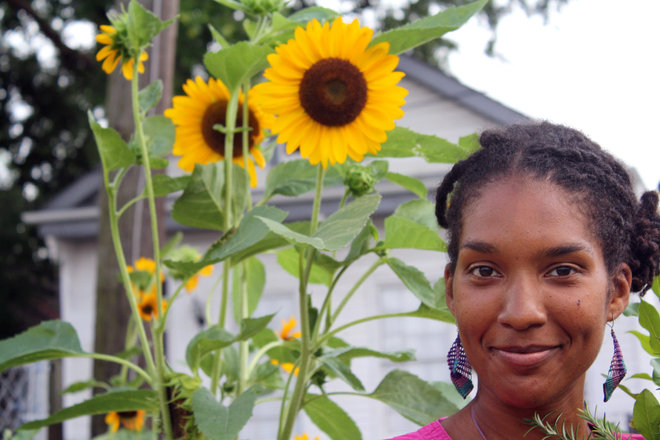
October 15 is the International Day of Rural Women. This year marks the fourth celebration. According to the United Nations, the day “recognizes `the critical role and contribution of rural women, including indigenous women, in enhancing agricultural and rural development, improving food security and eradicating rural poverty.’”
Rural women do a bit more than ”enhance” and “improve”, and the do so in more areas than “the rural”.
Who, and where, exactly, are “rural women”?
On one hand, they are women in rural zones. As such, they are the heart of the current food crisis. They are the women working the sugar farms, or sweatshops, in KwaZulu-Natal and the citrus farms of the Western Cape, both in South Africa, too often overlooked or forgotten by the trade unions, the State, and, to a certain extent, large swathes of the women’s movement. They are also the South African women who comprise Sikhula Sonke and the Surplus Peoples Project, women who struggle, organize, keep on keeping on.
They are the rural and indigenous women in Argentina who speak out about and who organize to stop the environmental and economic devastation of climate change, a process they see and live with every day.
They are the rural and indigenous women across Asia who struggle with the intensification of patriarchal exclusion the emerges from the embrace of local power brokers, national governments and multinational corporations, especially but not exclusively those engaged in agriculture. They are women, like Rajkala Devi, who have broken glass, linen, silk, and concrete ceilings to attain public office in villages, as in hers in Rajasthan, India, and to move more than the village into more than recognition of women’s rights.
They are the fisherwomen like Rehema Bavuma, from Uganda, who struggle, along with their Asian and Latin American sisters, to do more and better than merely stop land grabs, to change the entire system. These women know, without the `benefit’ of longitudinal studies, that girls and women are the key to food security, to well being. They also know that girls and women are the key to food sovereignty, to something more and better than an end to hunger and an end to threat of starvation.
They are women who struggle with patriarchal governments, like Lind Bara-Weaver, a stone’s throw from Washington. Bara-Weaver struggles with the economy, as do all farmers. But she also struggles with the US federal government’s policies concerning loans to women farmers.
They are Dina Apomayta, in the highlands of Peru, the seed keepers, the guardians of diversity, the last station against what some call “Holocene extinction”, the end of diversity. And they are everywhere.
Rural women are not just in rural areas. They are in cities, too. They are women like Somali farmer Khadija Musame and Liberian farmer Sarah Salie, both now living and providing food for residents of San Diego … in the United States. They are women like Jenga Mwendo, founder of the Backyard Gardeners Network in New Orleans, and women like Regina Fhiceka, a garden and community organizer in Philippi, just outside of Cape Town.
Rural women are everywhere. They are in rural areas and they are in cities. They are the world. That’s the message we should carry on the International Day of Rural Women, today, and into tomorrow, World Food Day … and beyond. Rural women. Period.
(Image Credit: American Dairy Association of Indiana)
